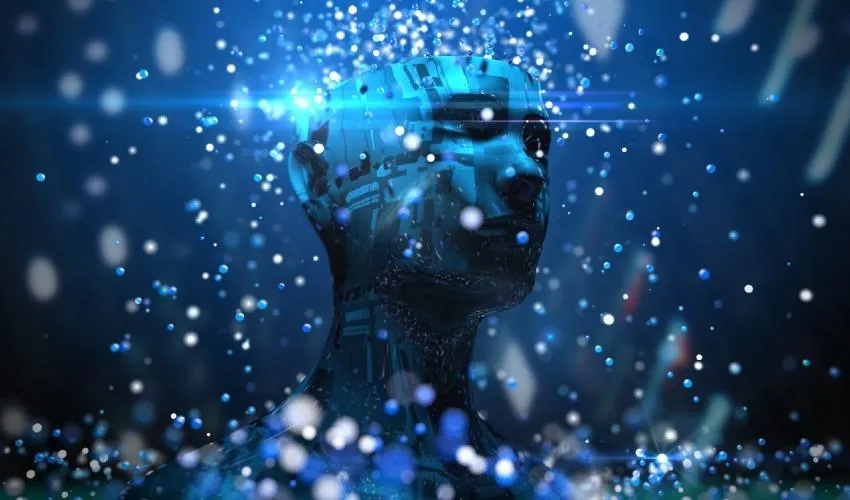
Artificial Intelligence for the Days After COVID19
Dystopian, utopian or science fiction visions apart, the main function of artificial intelligence remains extracting and processing information in large quantities. Even before the pandemic, the group of researchers working at Bocconi with Riccardo Zecchina was looking into the design of automatic data analysis tools in the biomedical field.
The emergency led the group to interface with the University of Oxford for the development of machine learning algorithms for backend analysis of the data coming from tracking apps. «The different technological platforms are converging on very similar solutions in different countries and the problem is now to understand how to use the data effectively. From the epidemical point of view, if we want to control the second or third waves of COVID-19 we will have to rely on the strategies of swab testing, social distancing, remote medicine and, precisely, the use of information from the apps», says Prof. Zecchina.
The algorithmic problems seem possible to tackle, but the political and legal constraints related to privacy make the problem more complex. «Italy is discussing possible solutions», concludes Prof. Zecchina, «in the meantime we are trying to understand how to proceed on the modelling side, together with colleagues from research centers all over the world».
On 19 April, a European on-line conference is scheduled to discuss the effective contributions that machine learning can make to the battle against the coronavirus.